Florida’s attorney general asked law enforcement officials on Wednesday to investigate recent fundraising efforts by billionaire and former New York City mayor Mike Bloomberg to pay off court fees and other fines so people with felony convictions can vote. The same effort has been championed by high profile figures, including the NBA megastar LeBron James.
The basis for an investigation was not immediately clear, but it came a day after Bloomberg announced he had raised $16m for the effort. The Republican attorney general, Ashley Moody, said she began reviewing the matter at the request of Florida’s governor, Ron DeSantis, also a Republican. Her letter, addressed to the Florida Department of Law Enforcement and the FBI, includes a Washington Post article that frames the $16m haul in the context of Bloomberg’s efforts to boost Joe Biden in the state. She also included several state and federal statutes making it clear that someone cannot pay someone for their vote.
“After preliminarily reviewing this limited public information and law, it appears further investigation is warranted. Accordingly, I request that your agencies further investigate this matter and take appropriate steps as merited,” she said in the brief letter.
A spokesperson for Bloomberg said the letter was shaped by politics. “This transparent political ploy is just the latest example of Republicans attempting to keep Floridians disenfranchised,” the spokesperson said. Congressman Matt Gaetz, a Florida Republican and Trump ally, also called for an inquiry on Tuesday.
The Florida Rights Restoration Coalition (FRRC) launched the campaign after Florida Republicans enacted a 2019 law that requires anyone with a felony conviction to repay fines and fees ordered as part of their sentence before they can vote again. Republicans passed the law after Florida voters overwhelmingly approved repealing a lifetime voting ban for people with felony convictions the year prior, a move estimated to extend voting rights to up to 1.4m people in one of the largest expansions of the right to vote in US history. The Republican law effectively gutted the reform: an estimated 774,000 people cannot vote because they owe money.
How Republicans gutted the biggest voting rights victory in recent history
Read more
FRRC does not ask about someone’s partisan affiliation when they apply for financial assistance. Organizers told the Associated Press and the Washington Post the effort was not aimed at voters of a particular party.
“To hell with politics, to hell with any other implications or insinuations, at the end of the day it’s about real people, real lives, American citizens who want to be a part of this,” Desmond Meade, the group’s executive director, told the AP this week.
“Different people may give for different reasons, but we are in this for one reason, and that reason is to place people over politics,” Meade told the Washington Post. “We are concerned with people from all walks of life, from all sorts of politics.”
The federal statutes cited in Moody’s letter have been rarely used, said Pamela Karlan, a professor at Stanford Law School.
“That’s not to say that an overzealous prosecutor, keen to suppress voting among returning citizens, wouldn’t try to go after funders – or even after citizens whose fees were paid and who then try to vote,” she said. “But the idea that we should use government resources to make it harder for people to vote is really offensive.”
Franita Tolson, a law professor at the University of Southern California, noted that Florida lawyers had indicated in court that requiring people to repay fines and fees did not amount to a poll tax. Objecting to having someone else pay fines and fees undermined that argument, she said in an email.
“There is cognitive dissonance between the state’s arguments throughout litigation that the statute requiring payment of all fines and fees prior to voting is not a poll tax and its current position that Bloomberg’s payment of these fines and fees represents a type of vote buying,” she said. “Either this is a poll tax or not, but it can’t be one or the other.”
Moody’s letter suggests that Florida may be more interested in creating barriers to voting than collecting on outstanding debt, said Julie Ebenstein, an attorney for the American Civil Liberties Union that helped challenge the 2019 law.
“Florida created an unconstitutional system that prohibits people from voting until their debts are paid. Now the state is objecting to those debts being paid. The state seems intent on preventing voting, rather than collecting payment,” she said.
The FBI had not received an official copy of Moody’s letter Wednesday afternoon, said Andrea Aprea, a spokeswoman. The Florida Department of Law Enforcement did not respond to a request for comment.


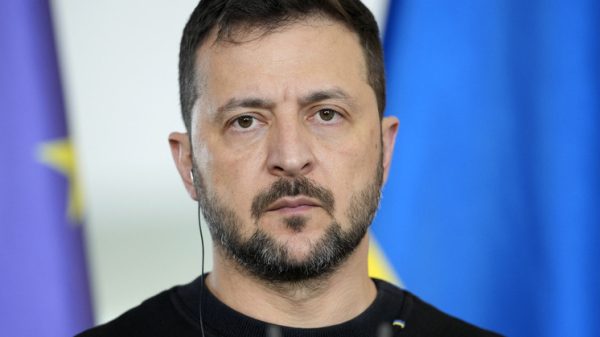

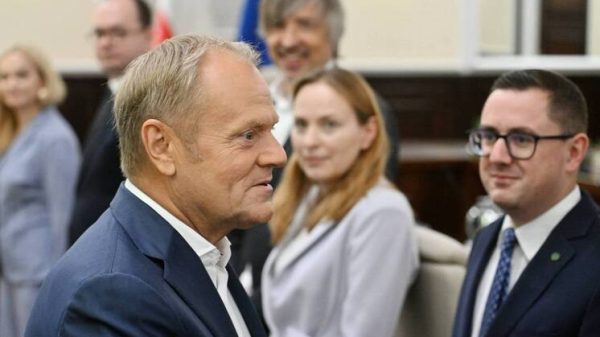
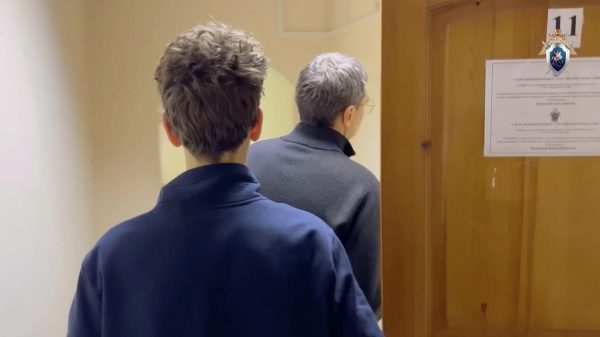
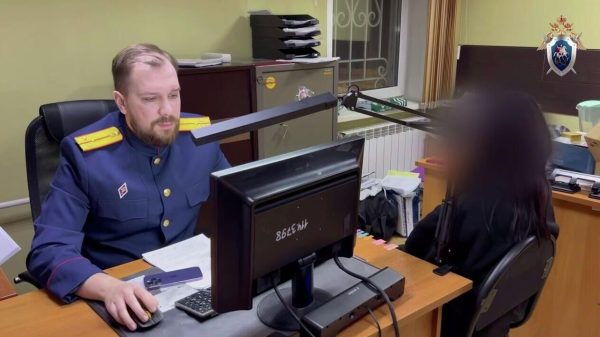


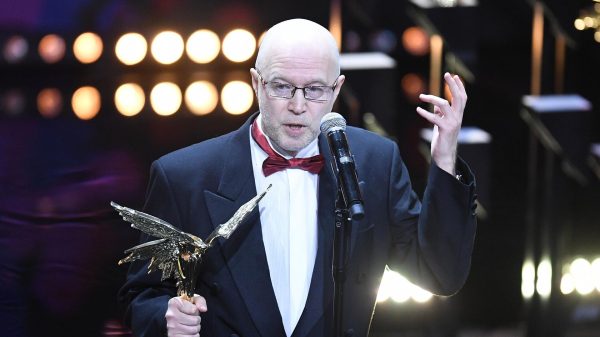
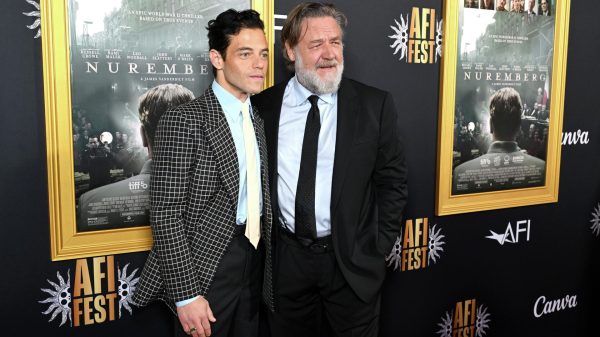


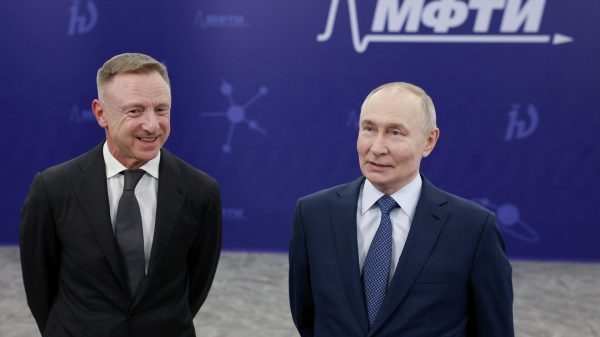
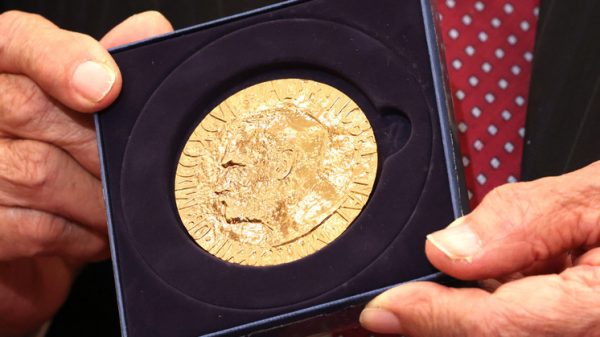

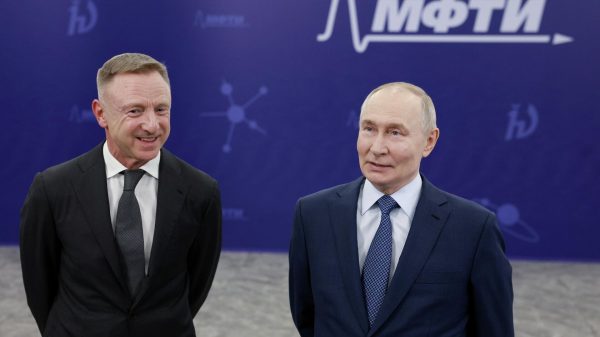

































Свежие комментарии